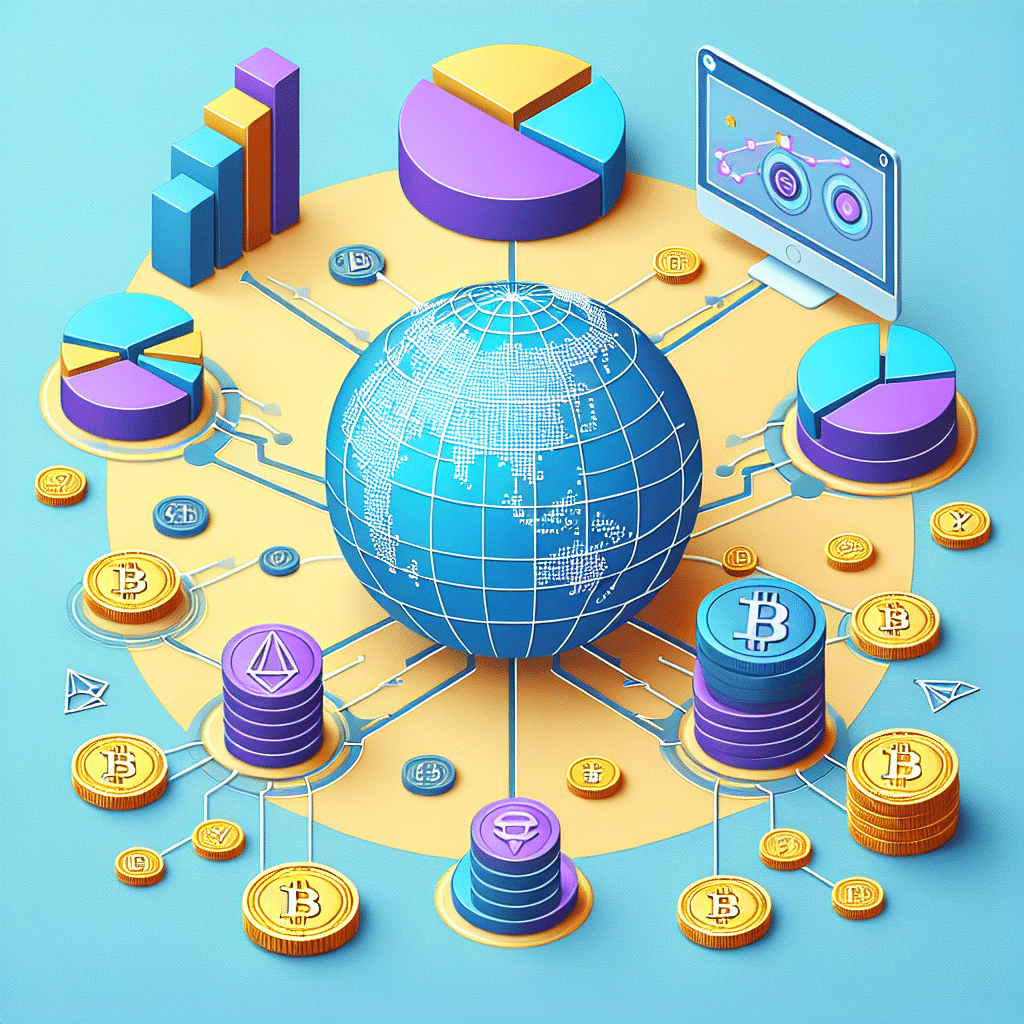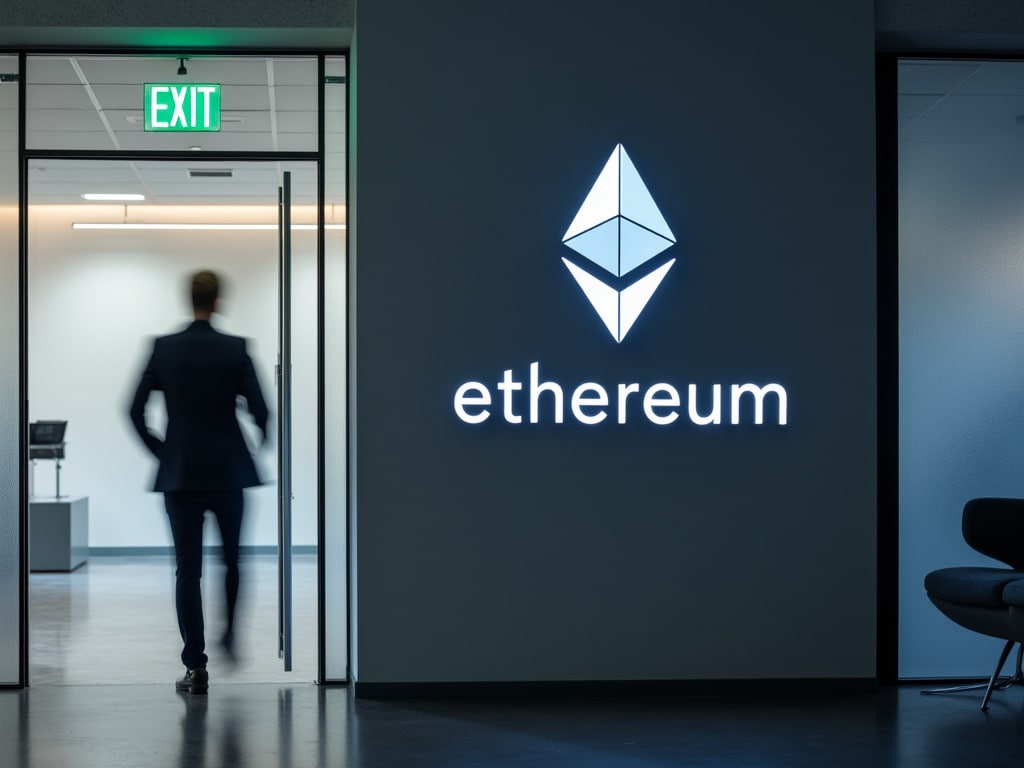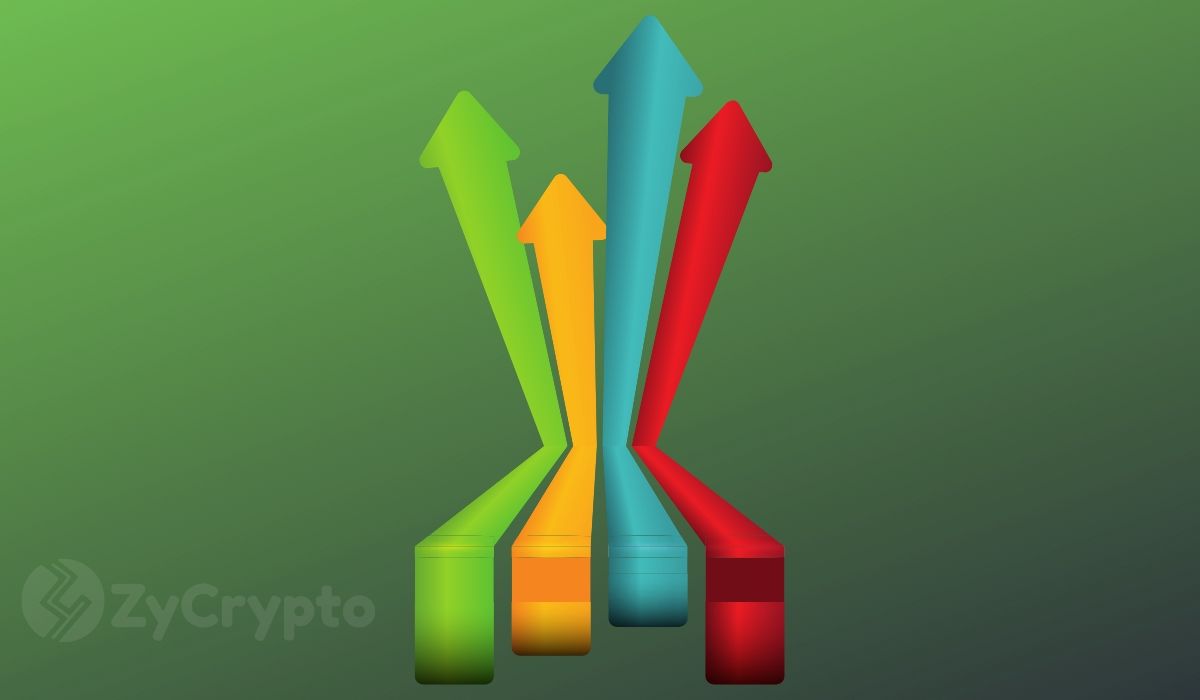What are Decentralized Exchanges (DEX)?
The financial landscape has been transformed by the advent of cryptocurrencies, and one of the most revolutionary components of this ecosystem is the decentralized exchange (DEX). Unlike their centralized...

The financial landscape has been transformed by the advent of cryptocurrencies, and one of the most revolutionary components of this ecosystem is the decentralized exchange (DEX). Unlike their centralized counterparts, DEXs offer a peer-to-peer trading experience that eliminates the need for intermediaries. This comprehensive guide will delve into the intricacies of decentralized exchanges, exploring their operation, key features, advantages, challenges, and future trends.
Introduction to Decentralized Exchanges (DEX)
Decentralized exchanges (DEXs) are a type of cryptocurrency exchange that operates without a central authority. Unlike centralized exchanges (CEXs) that rely on a third party to facilitate transactions, DEXs enable direct peer-to-peer trading. This decentralized approach aligns with the core principles of blockchain technology, promoting transparency, security, and user autonomy.
The concept of DEXs emerged as a response to the vulnerabilities and limitations of centralized exchanges, such as susceptibility to hacks, regulatory scrutiny, and operational inefficiencies. By utilizing smart contracts and blockchain protocols, DEXs aim to create a more secure and efficient trading environment. These platforms allow users to retain control over their private keys, thereby reducing the risk of asset loss due to exchange breaches.
Despite their relatively recent introduction, DEXs have rapidly gained popularity within the cryptocurrency community. They offer a wide range of services, including token swaps, liquidity pooling, and yield farming. As the technology continues to evolve, DEXs are poised to play an increasingly significant role in the global financial system.
How a Decentralized Exchange Operates
Decentralized exchanges operate on blockchain networks, primarily utilizing smart contracts to execute trades. These smart contracts are self-executing contracts with the terms of the agreement directly written into code. When a user initiates a trade on a DEX, the smart contract automatically matches and processes the transaction without the need for an intermediary.
The trading process on a DEX typically involves several steps. First, a user connects their cryptocurrency wallet to the DEX platform. They then specify the tokens they wish to trade and the desired trade pair. The DEX scans its liquidity pools to find a match and executes the trade via the smart contract. This entire process is transparent and can be verified on the blockchain, ensuring that all participants have access to the same information.
Liquidity is a crucial aspect of DEX operations. To facilitate smooth trading, DEXs rely on liquidity providers who deposit their tokens into liquidity pools. In return, these providers earn a portion of the trading fees and may also receive additional incentives in the form of native tokens. The decentralized nature of liquidity provision helps ensure that DEXs remain functional and efficient, even in the absence of a central authority.
Key Features of Decentralized Exchanges
One of the most notable features of decentralized exchanges is their non-custodial nature. Unlike centralized exchanges, DEXs do not hold users’ funds. Instead, users maintain control over their private keys and assets throughout the trading process. This significantly reduces the risk of hacks and theft, as there is no central repository of funds to target.
Another key feature of DEXs is their reliance on smart contracts for trade execution. Smart contracts ensure that trades are carried out automatically and transparently, without the need for intermediaries. This not only enhances security but also improves efficiency by eliminating the delays and costs associated with manual processing.
Decentralized exchanges also offer enhanced privacy. Since DEXs do not require users to create accounts or undergo extensive verification processes, users can trade anonymously. This is particularly appealing to those who value privacy and wish to avoid the regulatory scrutiny often associated with centralized exchanges. Additionally, the open-source nature of many DEX platforms allows users to verify the code and trust the system’s integrity.
Advantages of Using Decentralized Exchanges
One of the primary advantages of using decentralized exchanges is the enhanced security they offer. By eliminating the need for a central authority, DEXs reduce the risk of large-scale hacks and data breaches. Users retain control over their private keys, ensuring that their assets are secure even if the exchange itself is compromised.
Decentralized exchanges also promote financial inclusivity by providing access to a global user base. Unlike centralized exchanges, which may impose geographic and regulatory restrictions, DEXs are accessible to anyone with an internet connection and a compatible wallet. This democratizes access to financial services and enables users in underbanked regions to participate in the global economy.
Another significant advantage is the level of transparency inherent in DEX operations. All transactions are recorded on the blockchain, providing an immutable and publicly accessible ledger. This transparency fosters trust among users and allows for independent verification of trades, reducing the likelihood of fraudulent activity. Additionally, the open-source nature of many DEX platforms ensures that the code can be audited and improved by the community.
Common Challenges and Risks of DEXs
Despite their numerous advantages, decentralized exchanges are not without challenges and risks. One of the most significant challenges is liquidity. While DEXs rely on liquidity providers to facilitate trades, they often struggle to match the liquidity levels of centralized exchanges. This can lead to higher slippage and less favorable trading conditions, particularly for large orders.
Another challenge is the complexity of the user experience. Navigating a DEX can be daunting for newcomers to the cryptocurrency space. The process of connecting wallets, understanding gas fees, and executing trades via smart contracts requires a certain level of technical knowledge. This steep learning curve can deter potential users and limit the widespread adoption of DEXs.
Security risks are also a concern. While DEXs reduce the risk of centralized hacks, they are not immune to vulnerabilities. Smart contract bugs and exploits can lead to significant losses, as evidenced by several high-profile incidents in the DeFi space. Additionally, the lack of regulatory oversight means that users have limited recourse in the event of fraud or technical failures.
Future Trends in Decentralized Exchanges
The future of decentralized exchanges is promising, with several trends indicating continued growth and innovation. One such trend is the integration of layer 2 scaling solutions. As blockchain networks like Ethereum face congestion and high gas fees, layer 2 solutions offer a way to enhance transaction speed and reduce costs. This will make DEXs more efficient and accessible to a broader audience.
Another emerging trend is the development of cross-chain interoperability. Currently, most DEXs operate within a single blockchain ecosystem, limiting the range of assets available for trading. Cross-chain interoperability solutions aim to bridge this gap, allowing users to trade assets across different blockchains seamlessly. This will significantly expand the liquidity and functionality of DEXs.
Additionally, we can expect to see increased regulatory scrutiny and the development of compliant DEX platforms. As governments and regulatory bodies take a closer look at the DeFi space, DEXs will need to adapt to ensure compliance with evolving regulations. This may involve implementing KYC (Know Your Customer) and AML (Anti-Money Laundering) protocols while maintaining the core principles of decentralization and user autonomy.
Decentralized exchanges represent a huge advancement in the world of finance, offering a secure, transparent, and inclusive alternative to traditional trading platforms. While they come with their own set of challenges and risks, the ongoing development and innovation within the DEX space hold promise for a more decentralized financial future. As technology and regulatory landscapes evolve, decentralized exchanges are likely to become an integral part of the global financial ecosystem.
Continue Reading
Delegate Your Voting Power to FEED DRep in Cardano Governance.
DRep ID: drep12ukt4ctzmtf6l5rj76cddgf3dvuy0lfz7uky08jfvgr9ugaapz4 | We are driven to register as a DRep by our deep dedication to the Cardano ecosystem and our aspiration to take an active role in its development, ensuring that its progress stays true to the principles of decentralization, security, and community empowerment.DELEGATE VOTING POWER!







